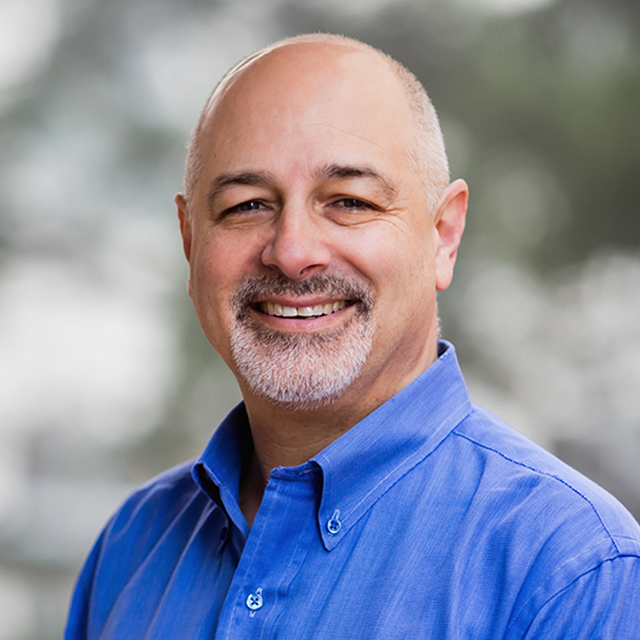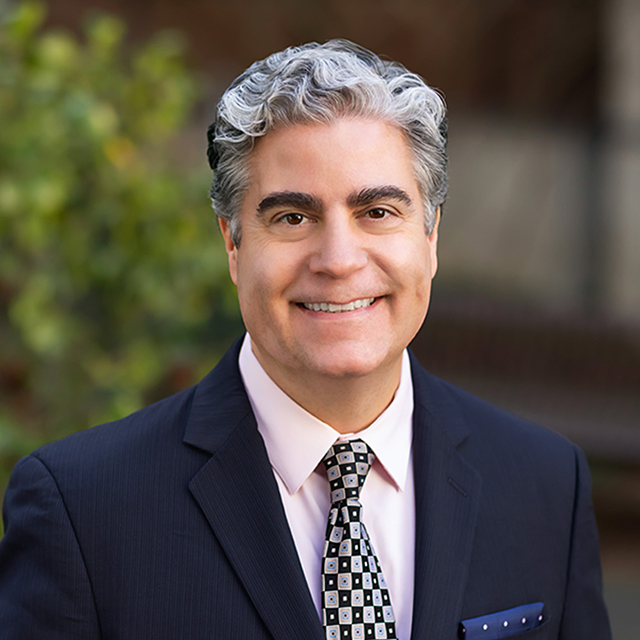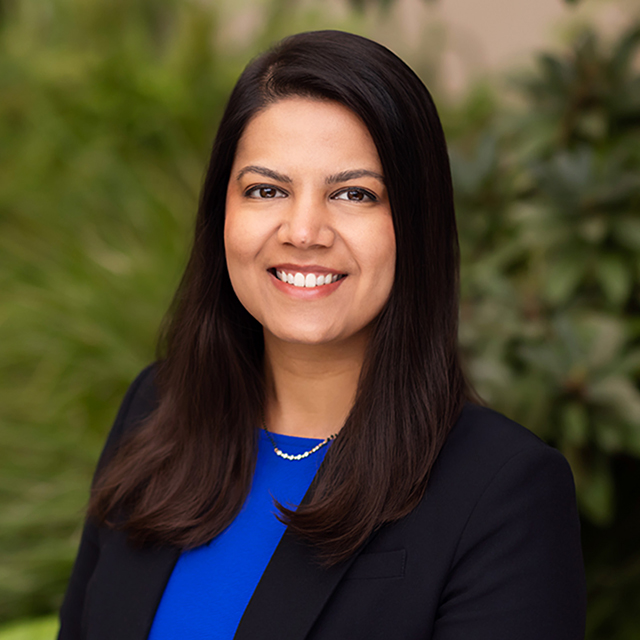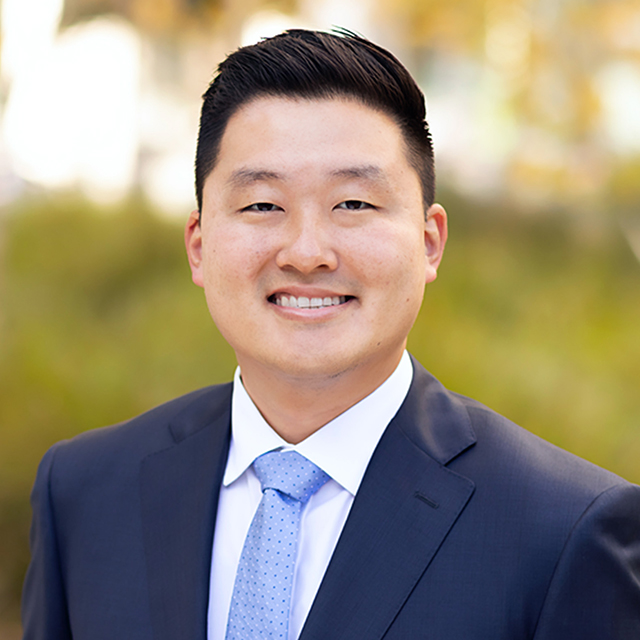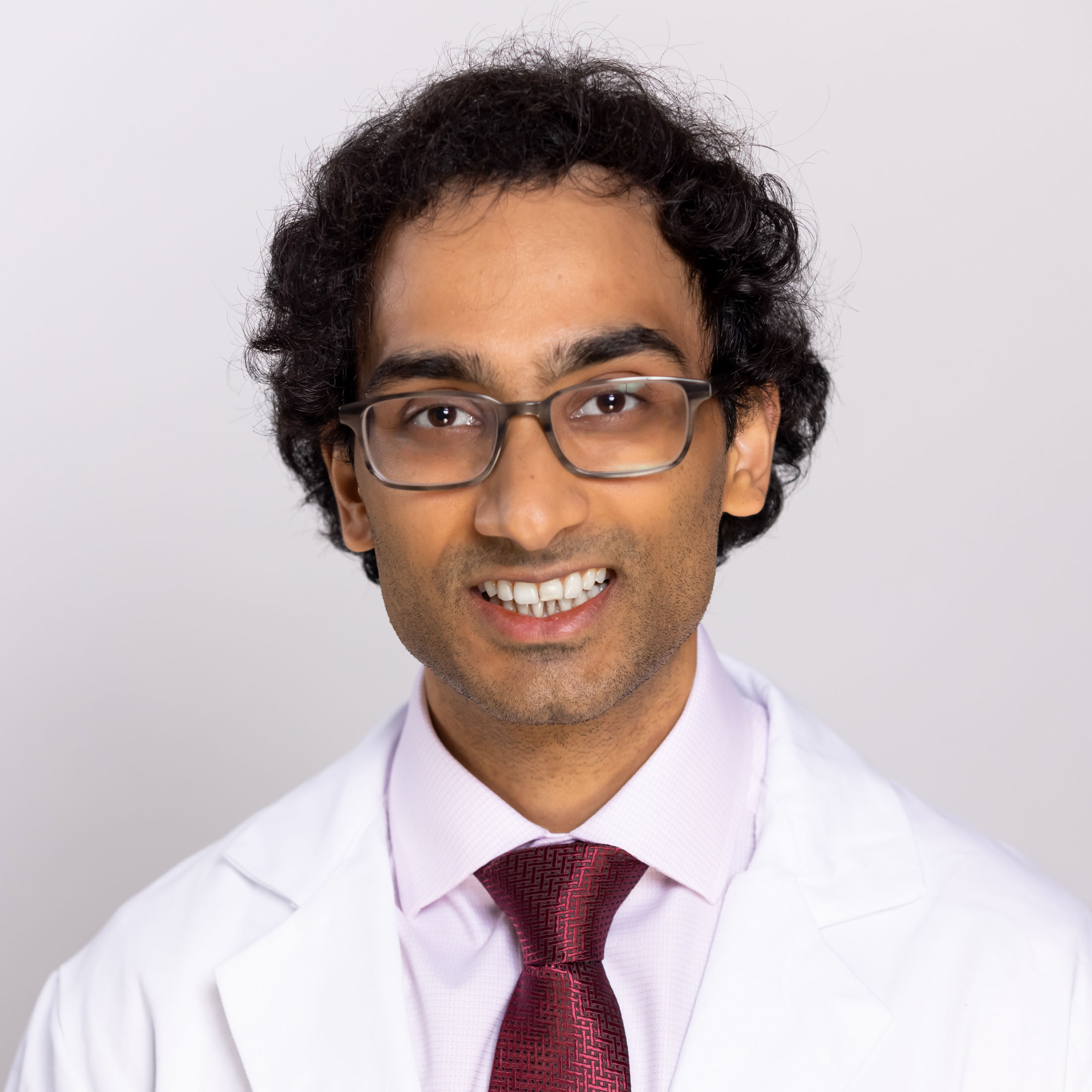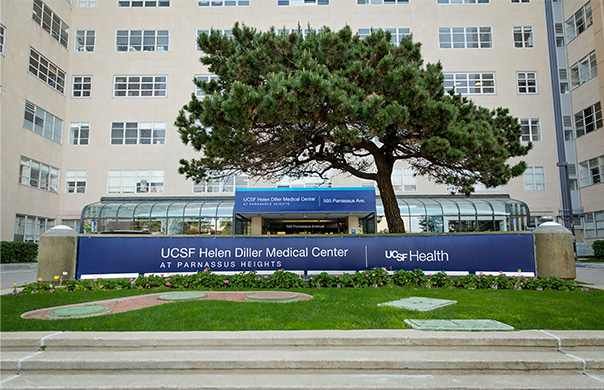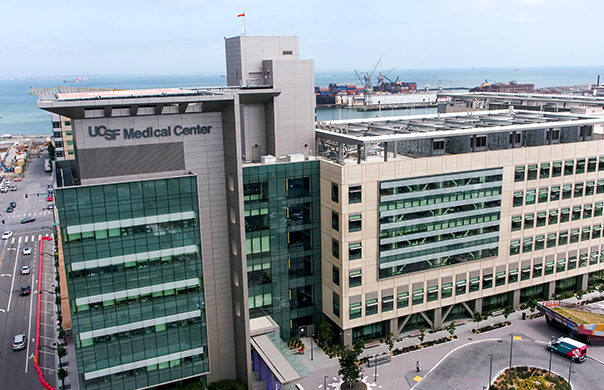Build, Discover, Lead: 15 Years as Division Chief
Fall 2024 marks the 15th anniversary of the appointment of Jeffrey Olgin, MD, as chief of the UCSF Division of Cardiology. Under his steady leadership, the division has experienced unprecedented clinical growth, made pioneering discoveries in many areas of heart health, and developed one of the nation’s premiere training programs for future cardiologists. He has also pursued his own vibrant research programs in atrial fibrillation and digital health.
Growing up, Jeffrey Olgin, MD, found medicine to be an ideal blend of using science to help others. He was especially drawn to cardiac electrophysiology – the study of the heart’s electrical system. “I’ve always found it fascinating,” he said. “It’s a very logical field – it’s physics. And from a clinical standpoint, you can actually cure people with very high rates.”
Continue reading at the link below.
CHIEF SPOTLIGHT
